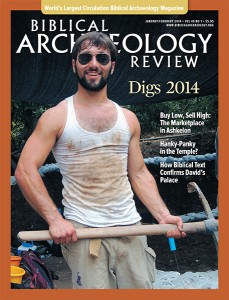
Income inequality. As a commentator from the radio show Marketplace declares, it’s “not the sexiest of subjects.” But it’s a topic that interests the many who watched a six-minute video-gone-viral about wealth and income inequality in the United States (www.marketplace.org/topics/wealth-poverty/surprise-viral-hit-income-inequality-movie).
Income inequality existed in the Roman world, too. Roman economic historians debate whether 99 percent or 96 percent lived at or below subsistence level—that is, their lives were “dominated by the struggle for physical survival,” and they spent their lives primarily concerned with obtaining “the minimum food, shelter and clothing necessary to sustain life.”1
Did the communities to which Paul wrote, the earliest Christ followers (we can’t even call them Christians yet since the term “Christian” emerges around 50 years later) care about income inequality or slavery? Didn’t they think that the end of the world was coming? If so, why care about wealth or hunger or humans being bought and sold? Why bother messing with a tragically broken, even evil, age that was about to pass away, with Jesus coming in the clouds (1 Thessalonians 4:14–17)?
Already a library member? Log in here.
Institution user? Log in with your IP address.

